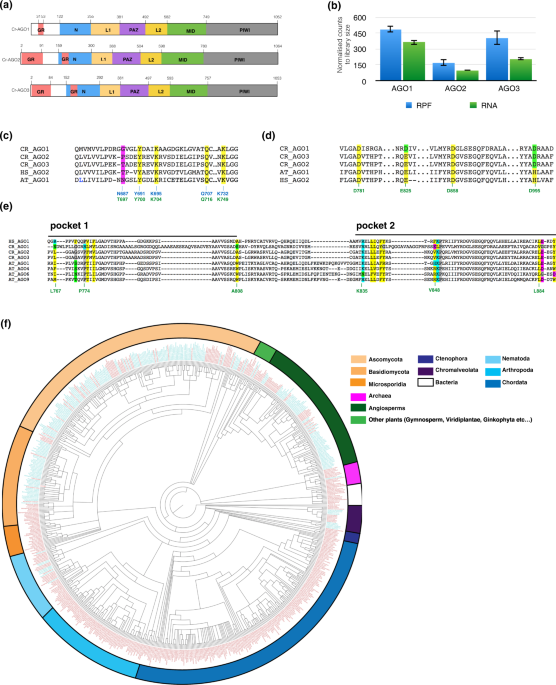
- Select a language for the TTS:
- UK English Female
- UK English Male
- US English Female
- US English Male
- Australian Female
- Australian Male
- Language selected: (auto detect) - EN
Play all audios:
The maximum amount Affordable Care Act consumers will have to pay out of pocket for their health care in 2022 will drop by $400, under new guidelines issued by the Centers for Medicare and
Medicaid Services (CMS). The new rules will also make it easier for people to sign up for insurance coverage in between open enrollment periods. Each year, the federal government sets an
upper limit on how much consumers who buy ACA coverage will have to pay out of pocket for their health care. The limits vary depending upon people's income. In 2022, the most consumers
with an individual plan will have to contribute to their health care costs will be $8,700, with the limit set at $17,400 for coverage for more than one person. The maximum limits will be
less for people with lower incomes. For ACA plan participants whose income is between 100 percent and 200 percent of the federal poverty level (between $12,880 and $25,760 in 2021), the
maximum they will have to pay out of pocket in 2022 will be $2,900 for individual coverage and $5,800 for coverage of more than one person. And for those whose incomes are between 200
percent and 250 percent of the poverty level (between $25,760 and $32,200 in 2021), their maximum out-of-pocket limits will be $6,950 for self-only coverage and $13,900 for coverage of more
than one person. "Families deserve to have access to health care coverage that doesn't break the bank,” Health and Human Services (HHS) Secretary Xavier Becerra said in a statement
announcing the new out-of-pocket maximums. SPECIAL ENROLLMENT PERIOD ELIGIBILITY EXPANDED People buying health insurance coverage on the ACA marketplaces have traditionally been able to get
insurance outside of the annual open enrollment period if they experienced such life-changing events as a loss of health insurance because they lost a job or they got married or divorced.
Under the changes HHS is making for 2022, if a consumer didn't know — or didn't get a timely notice — that they were eligible for a special enrollment period, they will be able to
sign up for one. In addition, if someone is getting health insurance through COBRA — which allows people to pay the entire premium for their work-reated health insurance when they leave that
job — they will qualify for a special enrollment period to get coverage. ACA monthly premiums are most likely to be cheaper than what they pay under COBRA. "These policies will offer
greater flexibility for those who need coverage — particularly those communities hit hardest by COVID-19,” CMS said in a statement announcing the changes. _Dena Bunis covers Medicare, health
care, health policy and Congress. She also writes the “Medicare Made Easy” column for the _AARP Bulletin_. An award-winning journalist, Bunis spent decades working for metropolitan daily
newspapers, including as Washington bureau chief for the _Orange County Register_ and as a health policy and workplace writer for _Newsday_._









